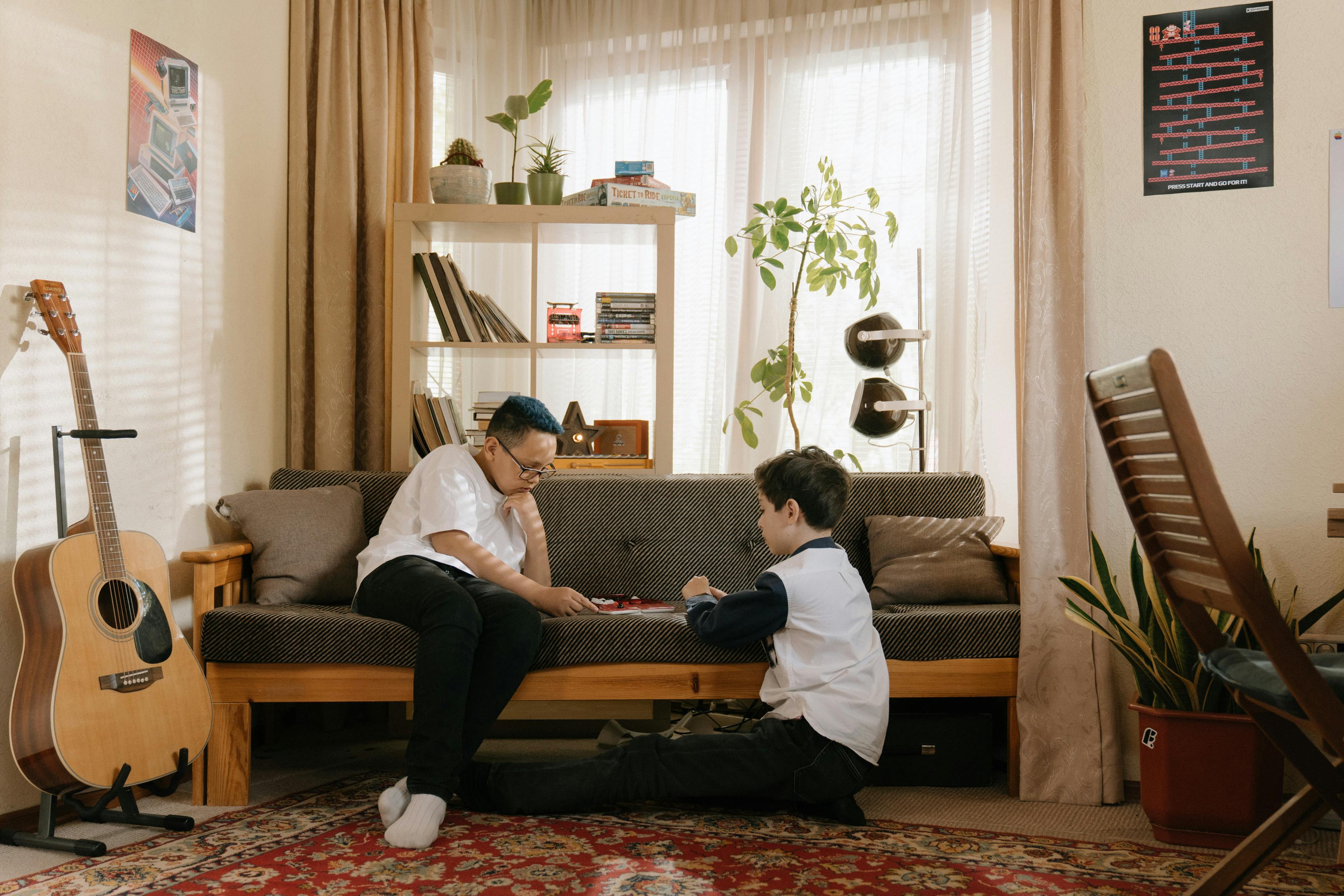The I Ching put me through one of the hardest crises of my career as a psychologist. This ancient Chinese oracle may reflect the wisdom of the unconscious or higher self. It had helped me solve problems, make decisions, and even literally saved my life. But the doctorates I earned in psychology and social work operated from very different professional premises.
After many years of relying on the I Ching for spiritual guidance, I began to integrate the method into psychotherapy sessions. It is a valuable tool that empowers clients (who can teach themselves the method, if applicable) and offers an objective point of view that often reveals hidden issues in the unconscious. I was a Jungian-oriented psychotherapist, and Jung himself had relied on the I Ching for decades. He even wrote the introduction to the Wilhelm and Baynes translation.
This all made sense and had worked perfectly for years, until one day, in a very difficult case, I was able to see that the I Ching reading the client received during a therapy session was the wrong reply. And, it wasn’t slightly Wrong, but totally and horribly wrong. How to tell a young child that the parents’ divorce really was his fault, after all.
The I Ching judgment was directly opposed to my professional judgment as a psychologist. This threw me into a spiritual crisis of faith and professional conflict in real time during this session.
The client in question was trapped by her denial of the damaging nature of her father’s failures. (He was less affectionate than Attila the Hun.) She had created an adaptive delusion of her parenting that had helped her survive in childhood, but imprisoned her as an adult, and must eventually be overcome.
Every attempt to discuss the father’s negative story provoked a fierce defense of his “pink” delusion. “He wasn’t as bad as people say” he had been countering some how for decades She was blocking a reality that was too painful for the child, but necessary for the adult to face. Perhaps, since I had come to trust the I Ching, if it delivered a reading during our session, it could offer an objective view that I could take seriously.
The client was eager to hear this feedback and so was I, until I saw the response, my job was to read it to him. She had asked: “How should I see my father?” She tossed the coins and got the hexagram for “The Family”, which she made sense to, but she only had positive comments describing and praising the behavior of the head of the family! (OMG)
Psychologically, this was totally wrong. This vision could further fuel and entrench your resistance to the truth. Should I choose psychology over spirituality and cancel the reading because I didn’t like the result? How could you responsibly include this reading in your session if it could further confirm your debilitating delusions of dad? Should I use this powerful Jungian tool in therapy when I am not in control of the responses?
I chose, in the moment, to finish what I had started and read aloud, with great anguish and disgust, how too much “severity towards one’s own flesh and blood leads to remorse”, but it is better that also little discipline. This seemed to justify the father! Lines 5 and 6 were worse! I read aloud in agony things like:
“As a king approaches his family… a king is the symbol of a paternal and richly endowed man of mind. He does nothing to be feared; on the contrary, the whole family can trust him, because love rules his His character itself exerts the right influence… His work commands respect” and more (Wilhelm & Baynes translation).
Fortunately, before Ready to abandon this heartbreaking leap of faith in the I Ching, the client began to cry. “Oh Lord!” she yelled, “that’s the definition of a TRUE dad… my father never did any of those things!“And his lifelong illusion began to melt before our eyes.
The I Ching had reminded him of his “severity” (since he was justifying it in some cases did not trigger their resistance), and then proceeded to praise this “severely” awful father she wasn’t prepared for. She could not overlook the injustice and falsehood of such praise for man In a yin-yang path of opposites, excessively positive the comments served to unearth a truth as well negative admit.
The clients delusional system defended himself against everyone What father… but no one ever praised to the; Why defend against that? Resistance is often focused in one direction. “Sometimes you initiate real change by taking things further in the wrong direction to unlock that resistance,” a wise shaman once told me. What a brilliant use of this “reverse psychology” by the I Ching. I can assure you that he reversed some of my own doubts when helping the client.
The second, or relative, hexagram was “The Turning Point,” which this session was… for both therapist and client. I finally decided not to continue including the I Ching in psychotherapy sessions. Because I eliminated “psychotherapy” completely and worked exclusively with dreams and the I Ching.
What initially seemed like the first serious mistake of the I Ching or “Book of Changes” ended up changing two lives in one session and, over time, redesigning the sessions themselves.


